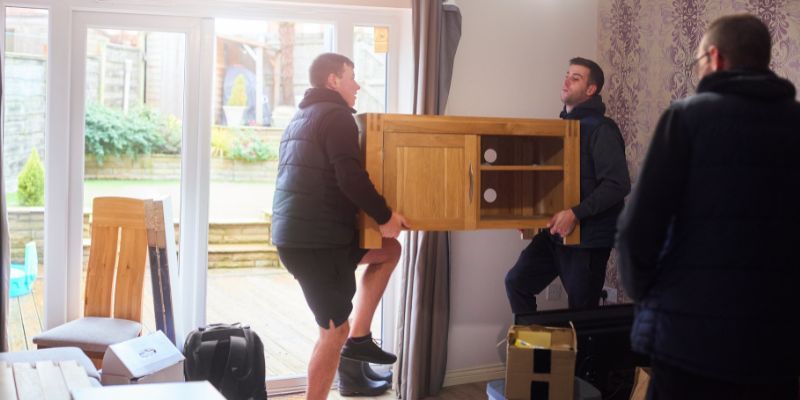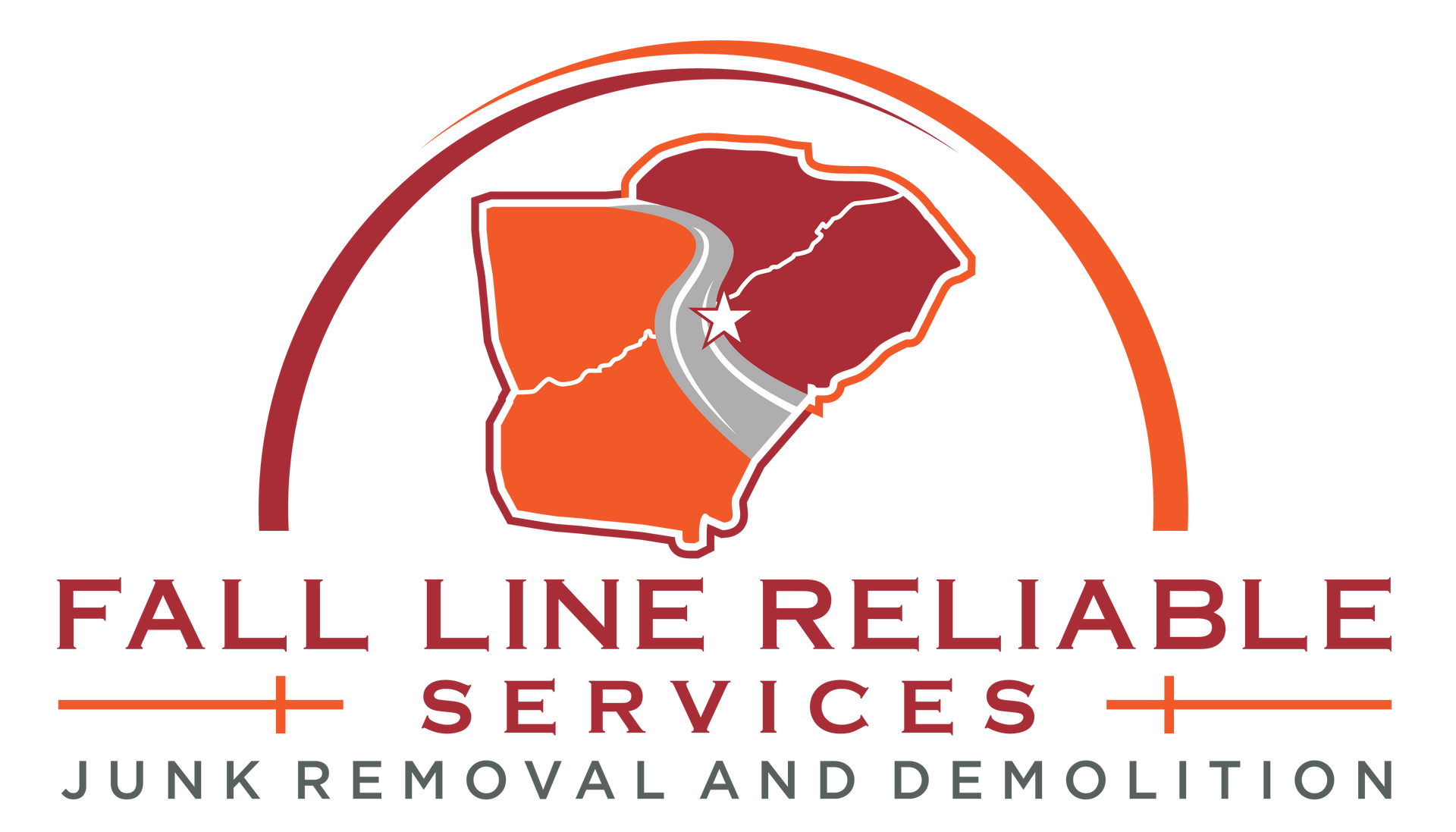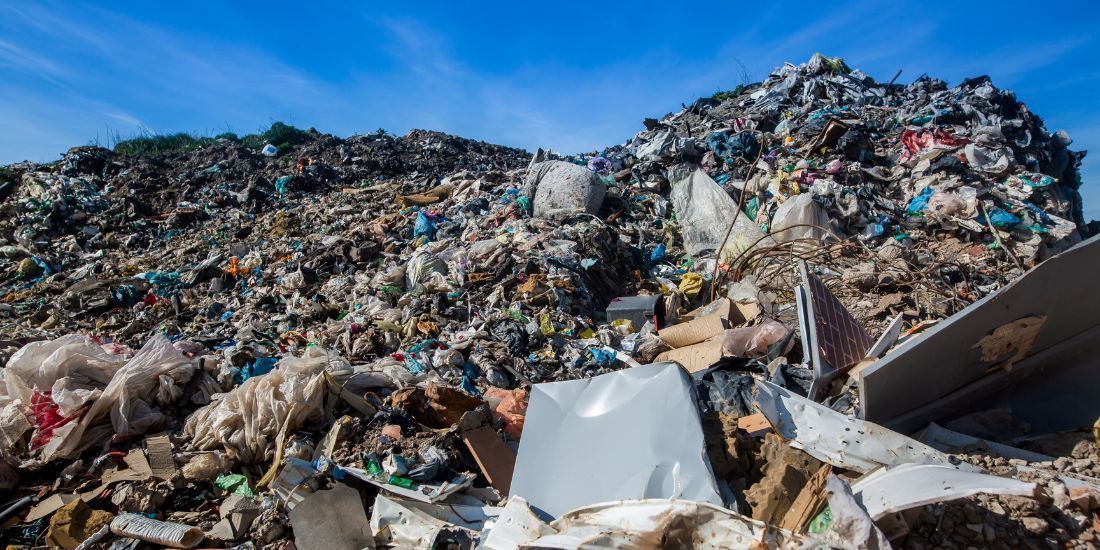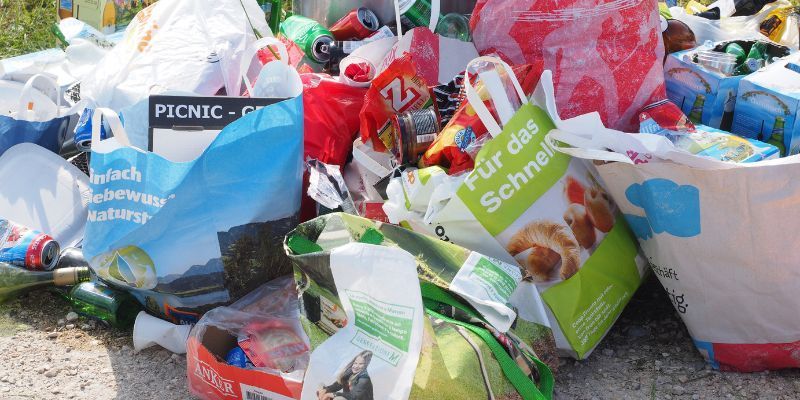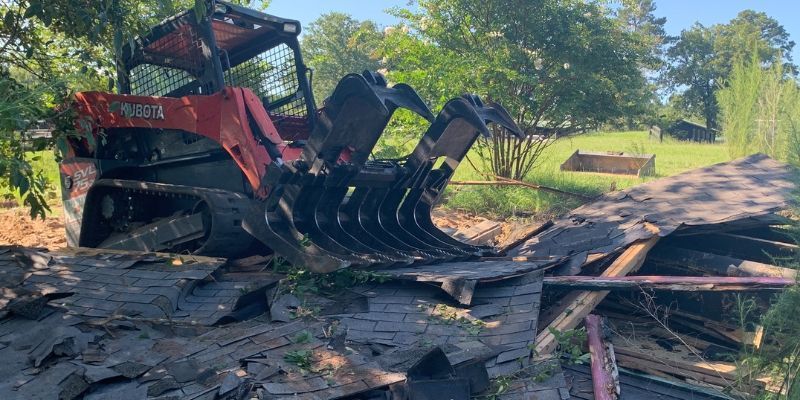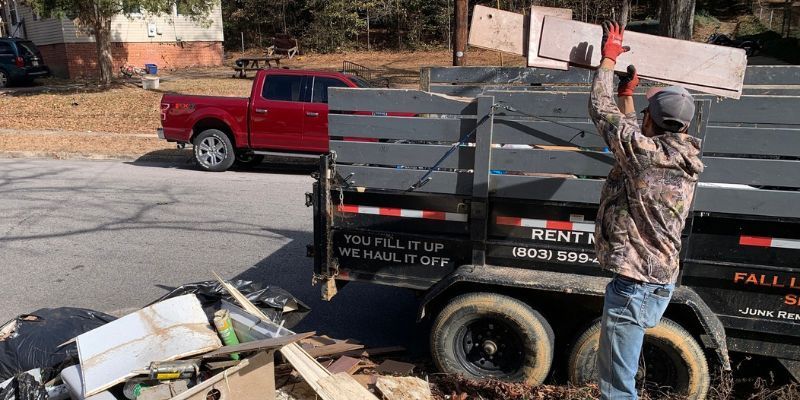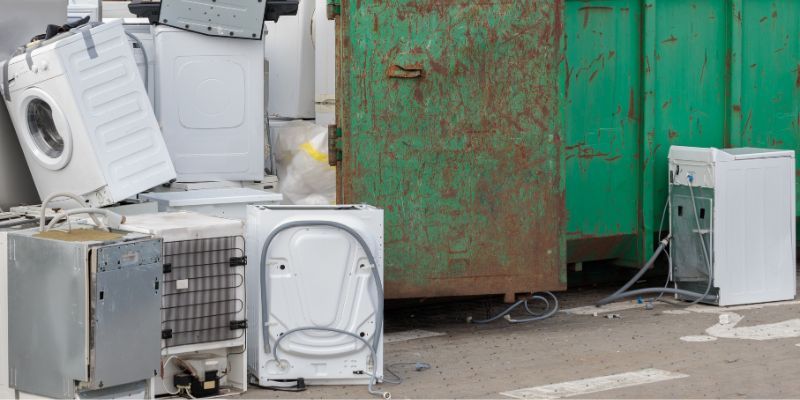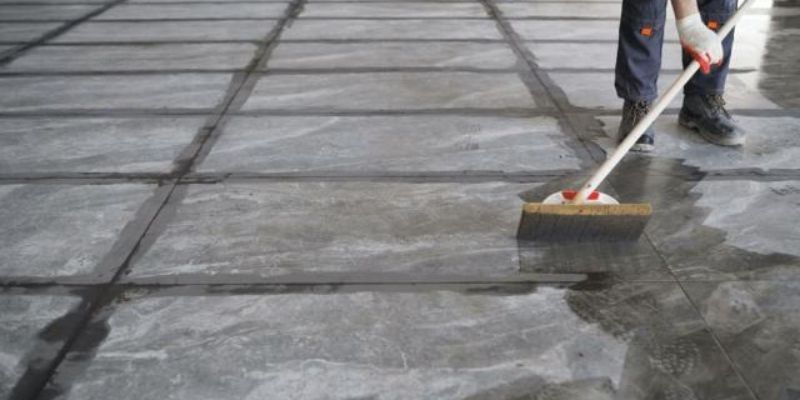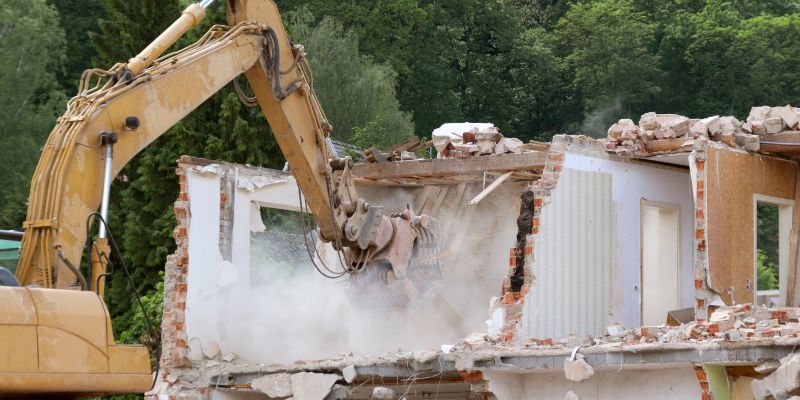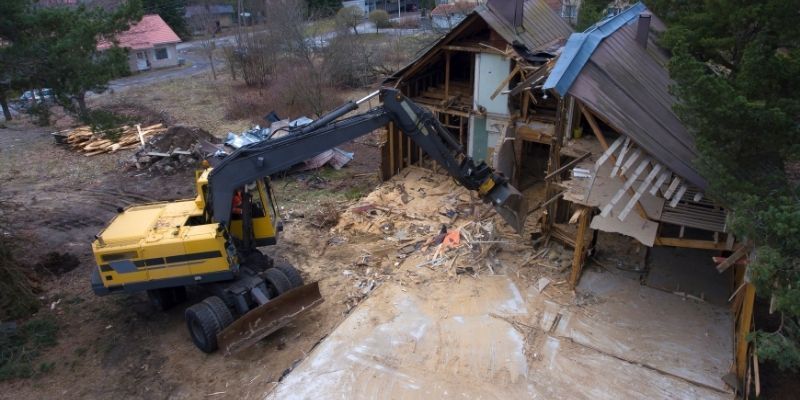What is Estate Cleanout: Guide to Plan & Manage Cleanout Cost
The main goal of estate cleanout is to prepare a property for sale, lease, or renovation. It often involves sorting personal items, some of which might have significant sentimental value.
Managing the estate cleanout cost is crucial for families and executors. Costs can vary depending on the size of the estate and the amount of items to be removed.
Minimizing estate cleanout costs involves strategic planning and decision-making. Donating items, selling valuables, or recycling can reduce the bulk of what needs to be removed.
Professional services are usually employed to ensure a respectful and efficient process. Working with a reliable service provider helps get a precise estimate and tailor services to a specific budget.
What is Estate Cleanout?
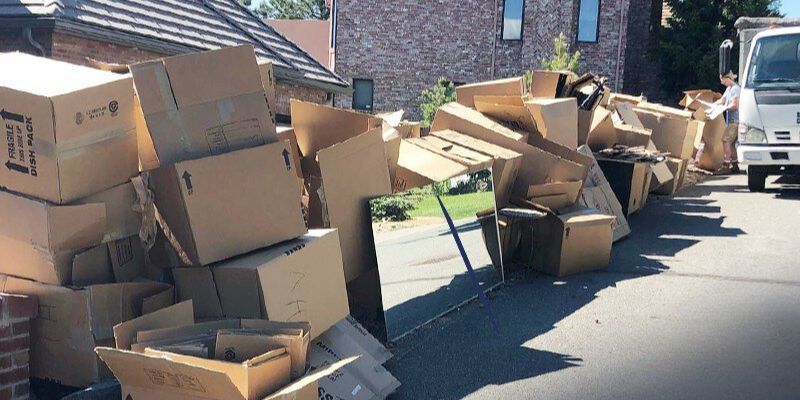
Estate cleanout is a comprehensive process for clearing out a property. It's typically undertaken after a loved one dies or during significant life transitions.
This service involves removing personal belongings, furniture, and sometimes even structural elements.
This process is distinct from regular cleaning or decluttering, as it often involves dealing with many items accumulated over many years.
Services like junk removal and furniture removal are key components of an estate cleanout. These services help in disposing of unwanted items responsibly.
Planning an Estate Cleanout:10 Easy Steps
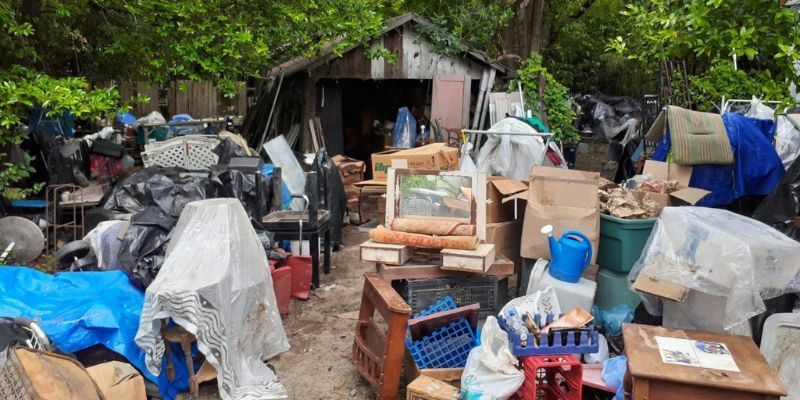
- Create a Comprehensive Inventory: Start by cataloging all items in the estate. Document everything from furniture to personal belongings. This inventory aids in decision-making about what to keep, sell, donate, or discard.
- Assign Value and Categorize Items: Evaluate the items for their monetary, sentimental, or historical value. Categorize them into groups - items to keep, sell, donate, or throw away. Appraisals may be necessary for valuable items.
- Hire Professionals if Needed: Consider hiring professional estate cleanout services for appraisals, junk removal, and furniture removal. They can handle heavy lifting and ensure proper disposal or donation of items.
- Set a Timeline and Schedule the Cleanout: Establish a realistic timeline for completing the cleanout. This should include specific days for sorting, selling, donating, and discarding items.
- Sort and Organize Items: Begin the physical work of sorting through the items according to the categories set earlier. Take care to respect sentimental items and distribute them as per the deceased’s wishes or family agreements.
- Sell Valuable Items: Use estate sales, auctions, online marketplaces, or consignment shops to sell items of value. This step can help offset some of the estate cleanout costs.
- Donate and Recycle: Identify charities for donation and recycle as much as possible. This step is important for responsibly disposing of items while benefiting others.
- Dispose of Remaining Items: Arrange for junk removal services to dispose of items that are neither sellable nor donatable. Ensure hazardous materials are disposed of properly.
- Clean the Property: Once all items are removed, perform a thorough cleaning of the property. This may include dusting, vacuuming, and minor repairs to prepare the estate for its next phase, be it sale or occupation.
- Final Inspection: Conduct a final walk-through to ensure that nothing has been overlooked. This is also the time to make sure that the property is in the desired condition post-cleanout.
Estate Cleanout Checklist

From personal belongings to household furniture, each category demands careful consideration. Here's a list of common items and aspects generally addressed in an estate cleanout:
- Furniture
- Clothing and Personal Items
- Kitchenware
- Appliances
- Books and Documents
- Artwork and Decorations
- Jewelry and Valuables
- Yard and Garden Items
- Vehicles
- Personal Papers and Photographs
- Linens and Bedding
What is the Average Hourly Rate for Estate Cleanout Services?
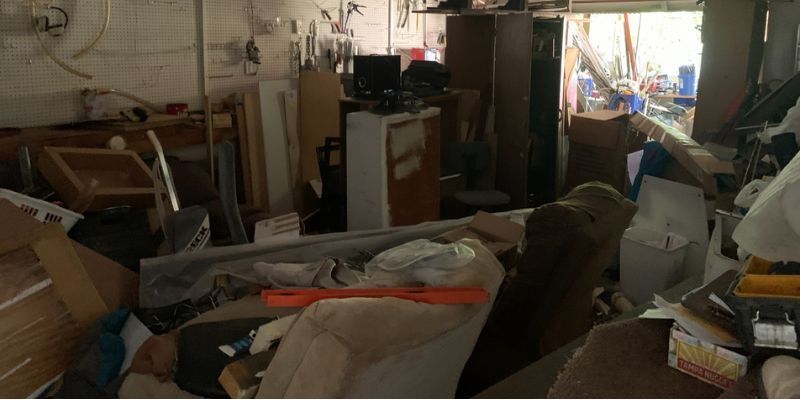
The average hourly rate for estate cleanout services varies widely based on location, the size and complexity of the estate, and the specific services required. Generally, these rates range from $50 to over $150 per hour.
Factors influencing this cost include:
- The volume of items to be removed.
- The need for specialized services such as appraisals or hazardous material disposal.
- Regional cost differences.
Clients need to obtain quotes from multiple service providers to understand the potential costs and to ensure they receive a fair and competitive rate for their specific needs.
Ways to Reduce Estate Cleanout Cost?
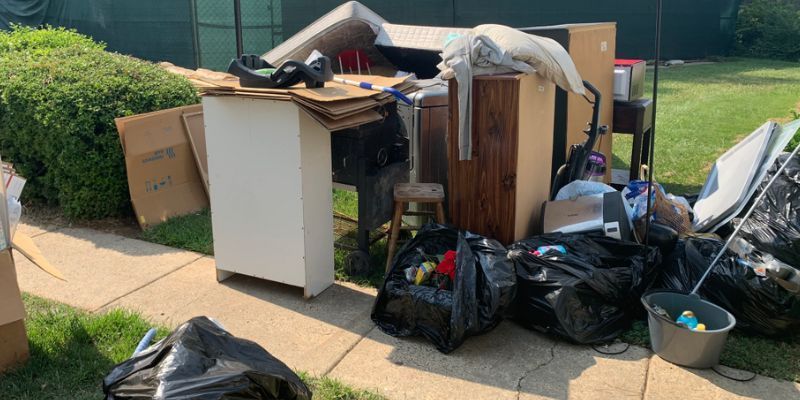
Dumpster Rental
A dumpster rental can be a cost-effective solution for estates with a large amount of debris or non-salvageable items. It allows for disposing of large quantities of waste at a fixed cost.
This use of dumpster rental approach avoids ongoing rental costs, ensuring you pay only for the needed time.
Donate to Charities
By identifying and giving away usable furniture, clothing, and household goods to local charities or non-profit organizations, you support community welfare and potentially qualify for tax deductions.
Donating items not only helps those in need but can also reduce the volume of items that require professional removal, thereby cutting costs.
Junk Removal Company
Hiring a junk removal company can be more economical than individual item disposal, especially for large items or significant quantities of waste.
There are several companies that cleanout homes after someone dies at affordable rates.
Conclusion
Estate cleanouts are a necessary yet challenging part of managing a property after a significant life change or loss. Strategic planning, from selling valuable items to donating and recycling, can significantly reduce the costs and complexities.
Utilizing dumpster rentals, junk removal, and professional cleaning can streamline the process, making it more manageable and cost-effective.
If you're facing the task of an estate cleanout,
Fall Line Reliable Services is here to assist. Our experienced team offers comprehensive solutions tailored to your needs, ensuring a respectful and efficient cleanout process.
